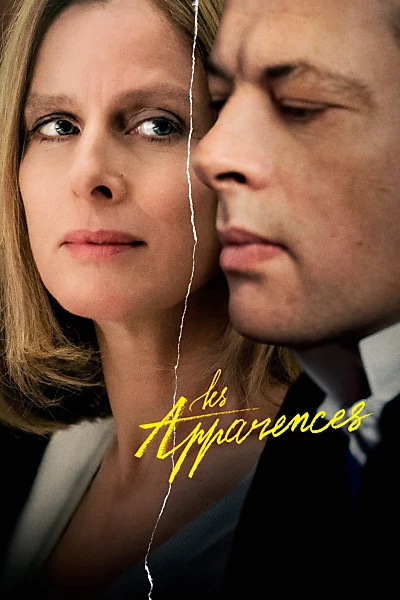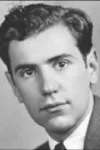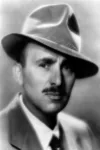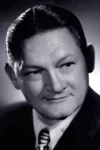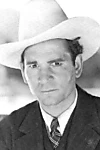Three Faces West (1940)
Three Faces West (1940)

Plot.
Where to Watch.
 Rent
Rent Rent
Rent Rent
RentCurrently Three Faces West is available for streaming online, rent, buy or watch for free on: Apple TV, Amazon Video, Fandango At Home
Streaming in:🇺🇸 United States

Cast & Crew.
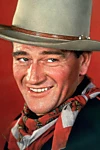
John Wayne
John Phillips
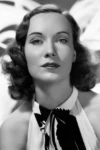
Sigrid Gurie
Leni 'Lenchen' Braun
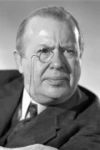
Charles Coburn
Dr. Karl Braun
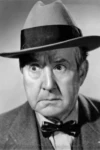
Spencer Charters
Dr. 'Nunk' Atterbury
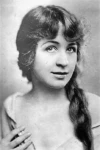
Helen MacKellar
Mrs. Welles
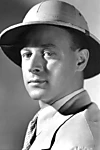
Roland Varno
Dr. Eric Von Scherer
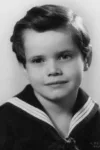
Sonny Bupp
Billy Welles
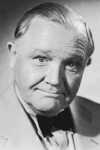
Wade Boteler
Mr. Harris, Department of Agriculture Official
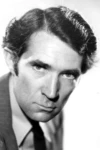
Trevor Bardette
Clem Higgins
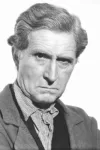
Russell Simpson
Minister
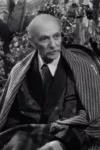
Charles Waldron
Dr. William Thorpe
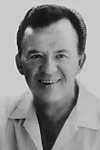
Wendell Niles
Man-on-the-Street Radio Announcer
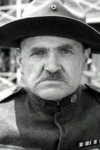
Frank Brownlee
Bill--Farmer
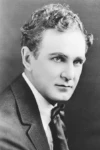
Bob Burns
Farmer
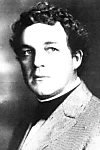
Horace B. Carpenter
White-Haired Farmer in Oregon

Hugh Chapman
Boy
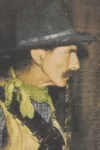
Jim Corey
Churchgoer

Calvin Ellison
Boy
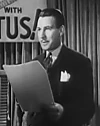
Douglas Evans
'We the People' Radio MC
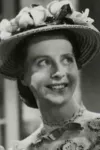
Mary Field
Mrs. Stebbins
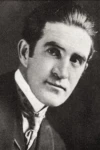
Francis Ford
Farmer Bill, with Higgins
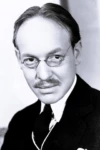
Byron Foulger
Joe Stebbins
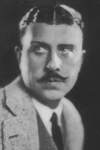
Stuart Holmes
Extra Farmer at Meeting
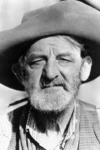
Si Jenks
Train Conductor
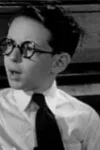
Darwood Kaye
Boy Patient Sitting in Chair

Gretchen Kisker
Girl

Lola Milliorn
Girl

Arthur Millett
Farmer
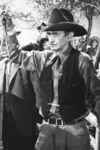
Jack Montgomery
Joe--Farmer
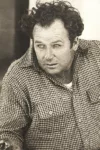
Bill Nestell
Farmer
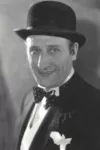
Manuel París
Refugee Doctor
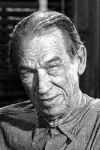
Hank Patterson
Pool Player

Rose Plumer
White Haired Farmer's Wife
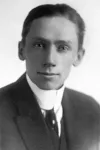
Victor Potel
Postman
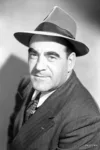
Dewey Robinson
Bartender
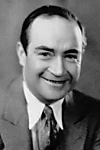
John Sheehan
Man Asking When Wedding Will Be
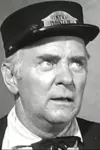
Ted Stanhope
Farmer
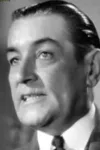
Frederick Vogeding
Herr Schmidt, Eric's Assistant

Bill Wolfe
Farmer Driving to Oregon
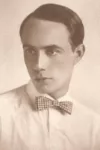
Wolfgang Zilzer
Dr. Rudolf Preussner
Media.
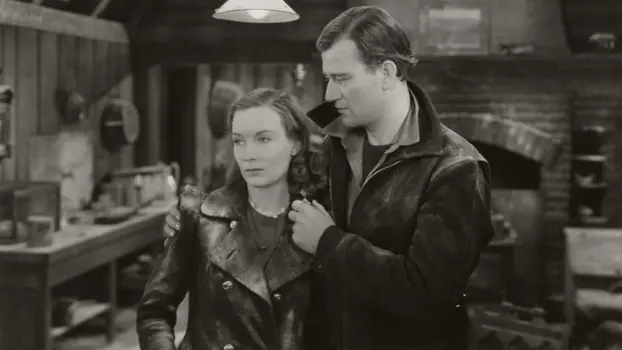

Details.
Release DateJuly 3, 1940
StatusReleased
Running Time1h 19m
Content RatingNR
Genres
Last updated:
This Movie Is About.
Wiki.
Three Faces West is a 1940 American drama film directed by Bernard Vorhaus and starring John Wayne, Sigrid Gurie and Charles Coburn.
The film, mainly set in North Dakota was one of a handful of overtly anti-Nazi films produced by Hollywood before American entry into World War II. Isolationists and Nazi sympathizers condemned other Hollywood movies for being pro-British "propaganda" or for "glorifying war", however Three Faces West was deliberately crafted to celebrate the pioneer spirit of America, and the determination of Americans to survive the dust bowl, and contrasted these values with the evils of Nazism, thus preventing isolationists and Nazi sympathizers from being able to criticize the film as they had criticized other anti-Nazi films during this period.
Writing in the Journal of Austrian-American History, Jacqueline Vansant has argued that the film "takes a bold stand on contemporary issues through its Austrian-American romance."
You May Also Like.
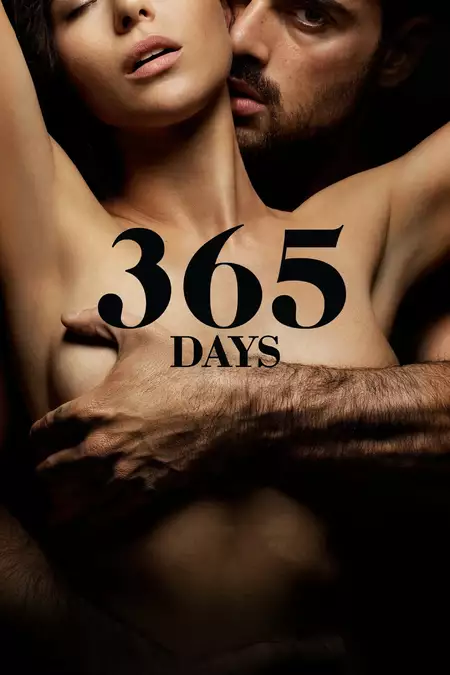
365 Days (2020)
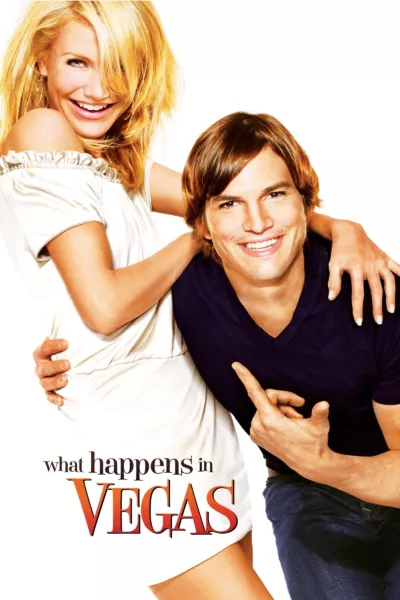
What Happens in Vegas (2008)
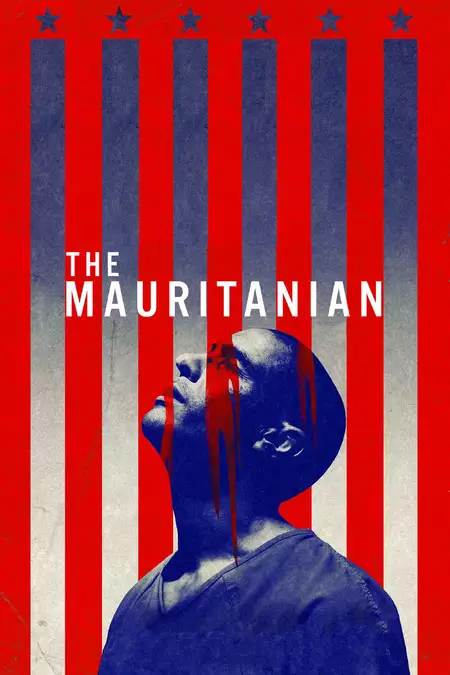
The Mauritanian (2021)
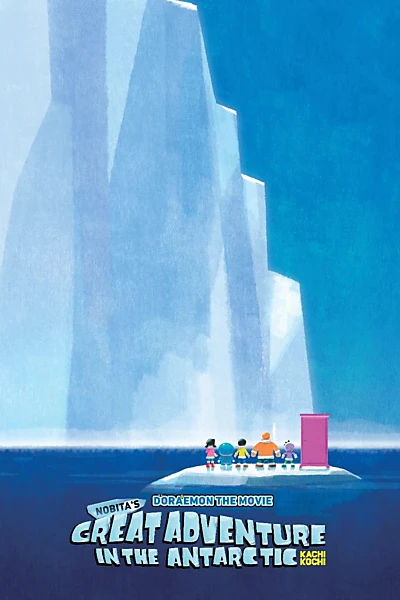
Doraemon: Nobita's Great Adventure in the Antarctic Kachi Kochi (2017)
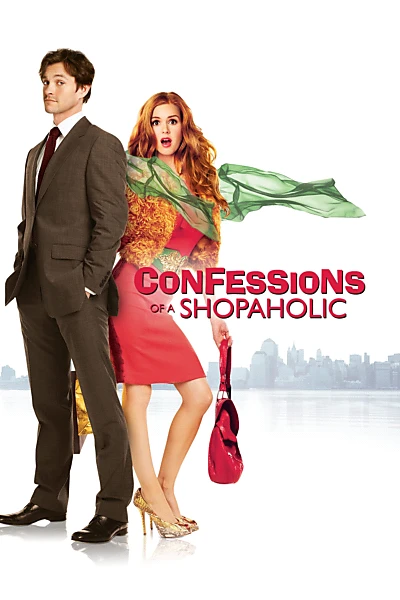
Confessions of a Shopaholic (2009)
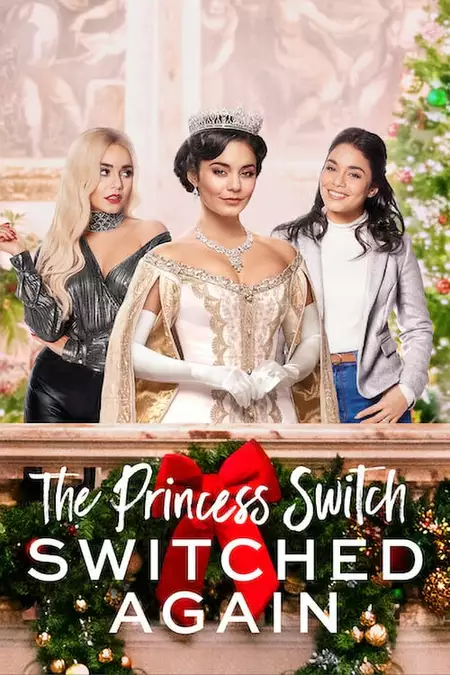
The Princess Switch: Switched Again (2020)

The Princess Switch 3: Romancing the Star (2021)
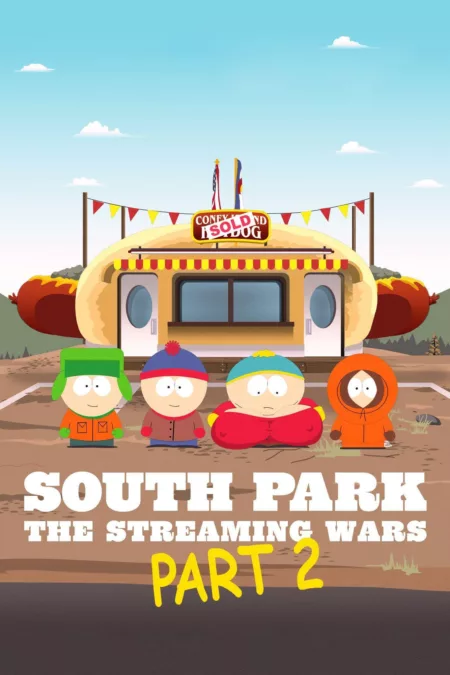
South Park the Streaming Wars Part 2 (2022)
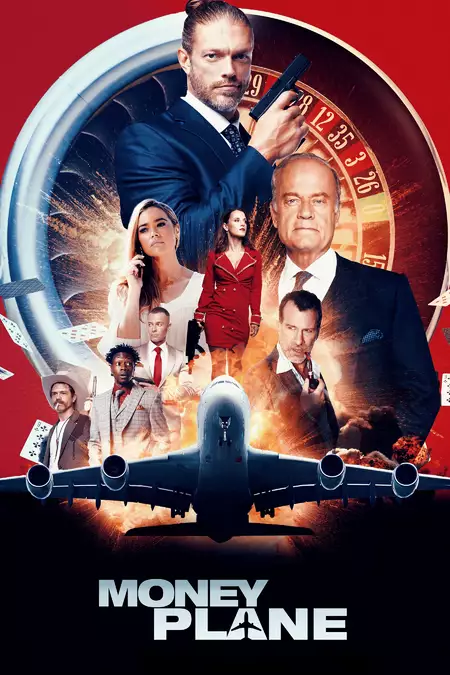
Money Plane (2020)
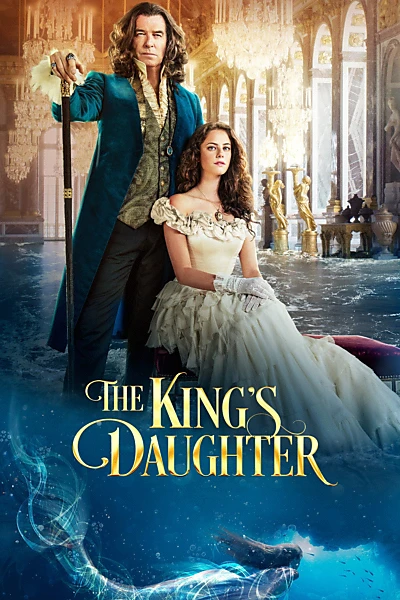
The King's Daughter (2022)
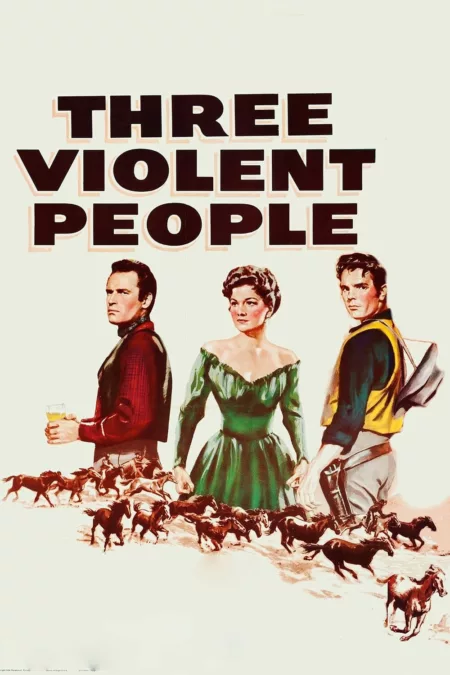
Three Violent People (1956)
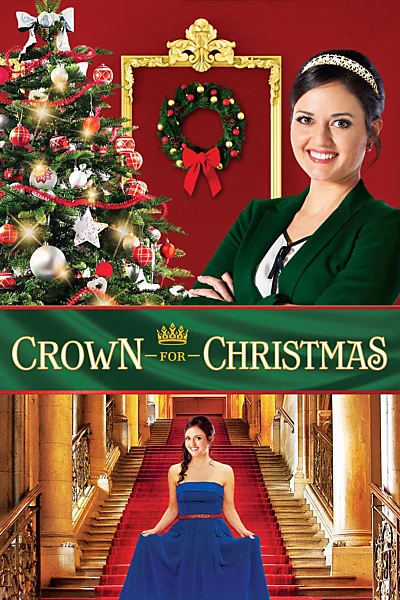
Crown for Christmas (2015)
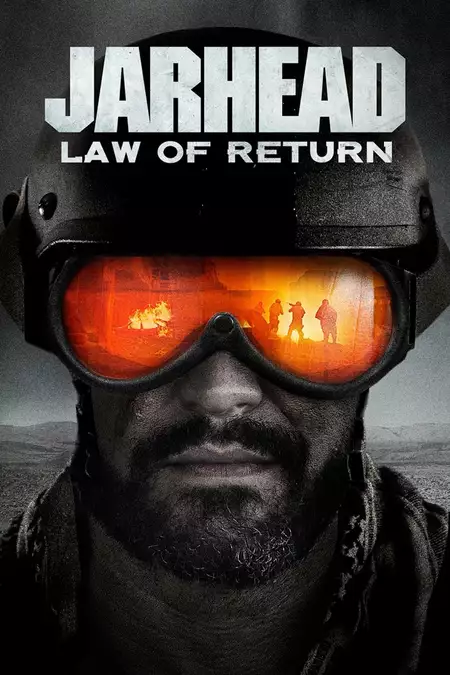
Jarhead: Law of Return (2019)
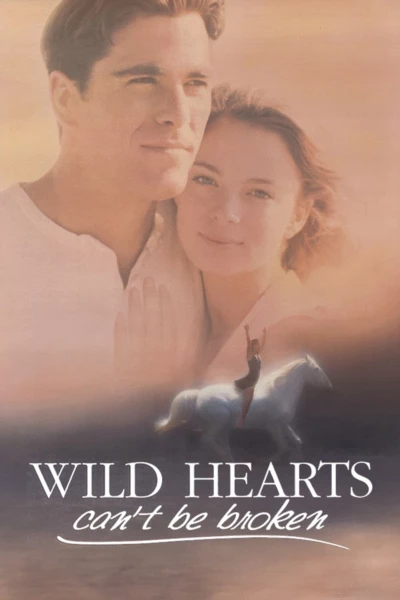
Wild Hearts Can't Be Broken (1991)
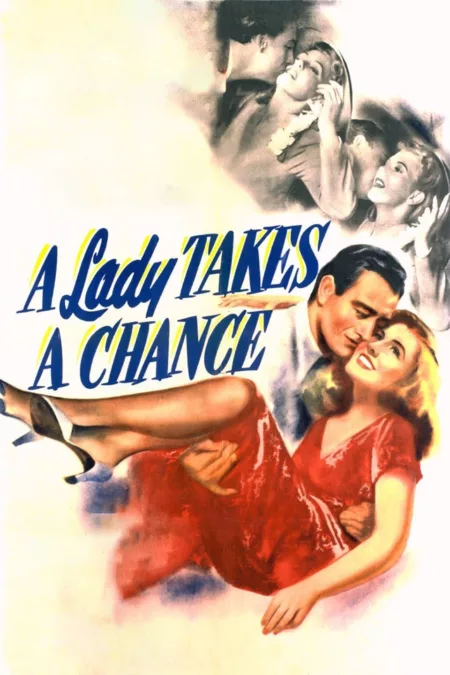
A Lady Takes a Chance (1943)
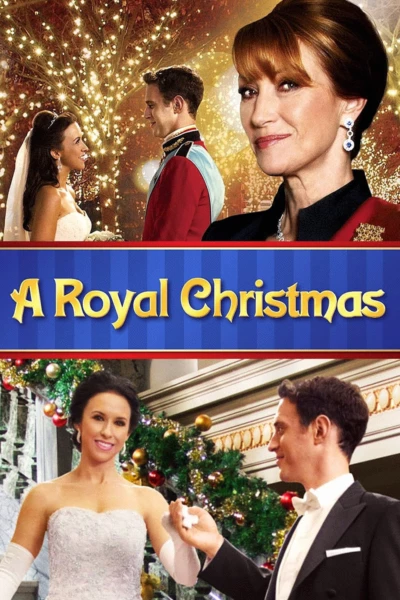
A Royal Christmas (2014)
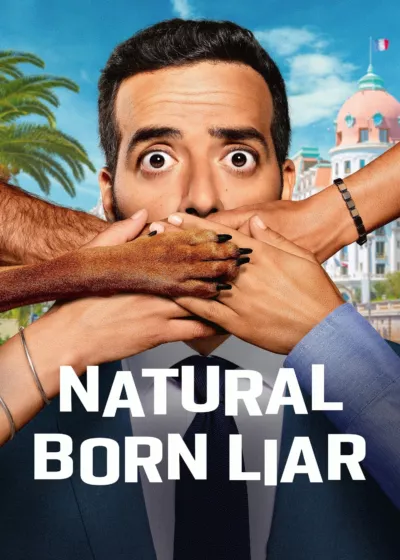
Natural Born Liar (2022)
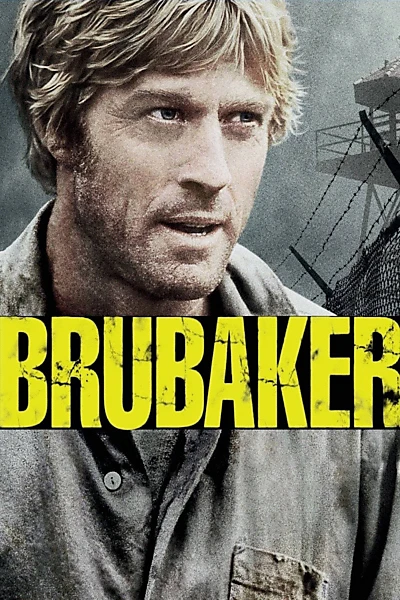
Brubaker (1980)
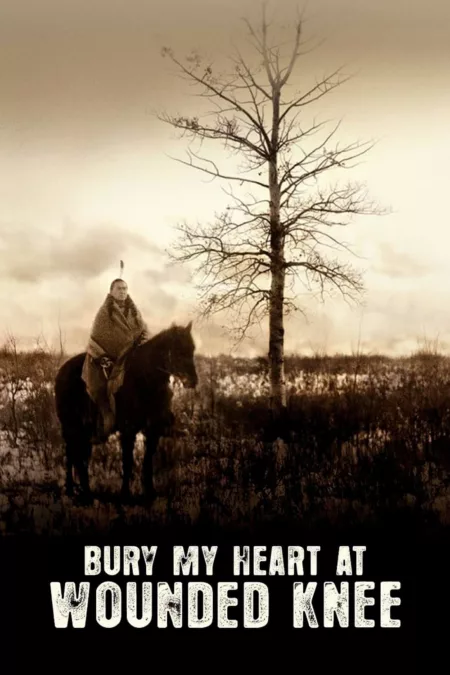
Bury My Heart at Wounded Knee (2007)
